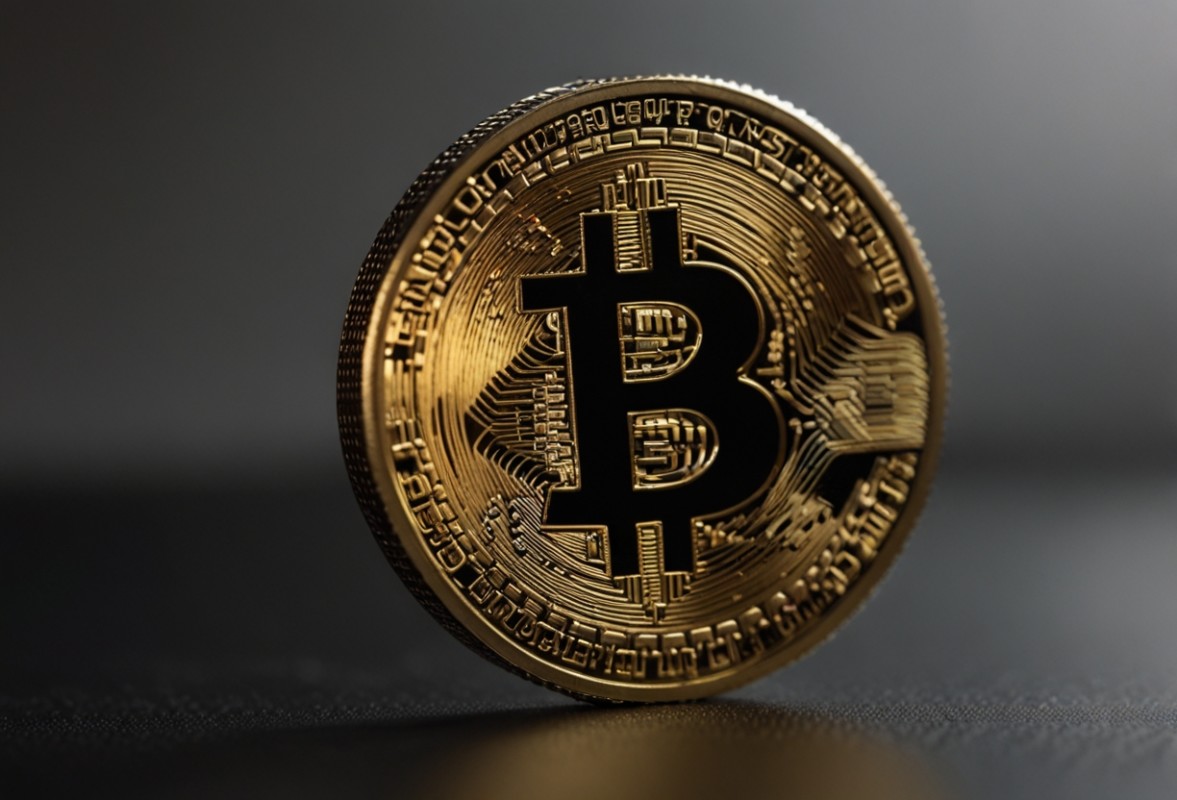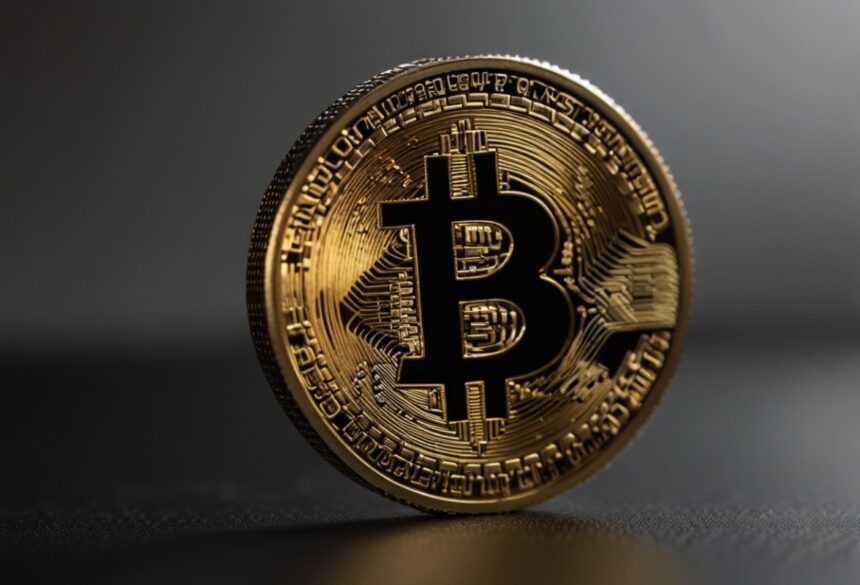
Bitcoin is much more than a typical online payment system. After all, there are many such systems: PayPal, Venmo, etc. Bitcoin and other privately used cryptocurrencies are cash For Internet use.
Paper money is a near-perfect way to pay someone. No account required. It doesn’t matter who you are or what you’re buying. It’s a bearer instrument. I give you a dollar. Now you have that dollar and I don’t. It’s instant and no one can interfere with the transaction. You don’t have to ask someone else to make sure that dollar gets to you. And best of all, it’s private. No record of that transaction is kept. It’s so private that there’s an old joke in the crypto community that says, “If cash were invented today, it would be illegal.”
But paper money, for all its advantages, is useless online. To pay someone over the Internet, we have to rely on a system of middlemen who move money around. We deposit our money in a bank, tell that bank to send it to a company like PayPal, ask PayPal to transfer the money to someone else’s PayPal account, and finally withdraw it from PayPal to our bank account, from which we can get the cash.
Every step of this process will be meticulously recorded by each company involved and ultimately reported to governments, and we must rely on companies to carry out the deals voluntarily, which history has shown is not a given.
Unfortunately, paper money is disappearing as people choose the convenience of tools like Venmo. Even a face-to-face coffee transaction, once conducted with paper money, is now recorded, reported, and carried out by an intermediary, subject to rules set by companies and governments.
The fact that commerce currently flows through a relatively small number of intermediaries provides a convenient access point for authoritarians to exert the pressure they need to control what citizens can and cannot do. While this risk may seem remote to those of us who live in stable democracies, the reality is that states control financial systems, and not all states uphold the values of freedom of expression and association.
Bitcoin and other cryptocurrencies offer a solution. They work in a way that is very similar to cash. They are bearer instruments that can be used privately without an account. They are the cash of the internet. And they break the control of middlemen over our financial lives.
Of course, governments have legitimate reasons for wanting to monitor financial flows and place limits on certain transactions. But increasingly, governments are succumbing to the temptation to weaponize control over intermediaries to silence political dissent. This is a major flaw in intermediated financial regulation.
When protests erupted in Belarus over allegedly fraudulent elections, the government moved swiftly to crack down, including with financial penalties: protesters were hit with heavy fines and employers were pressured to fire dissenting workers.
In response, Belgium-based nonprofit BYSOL provided financial support to protesters. But because the protests were deemed illegal, traditional financial intermediaries complied with the law by seizing protesters’ funds and freezing their accounts. Wire transfers were monitored and cash was confiscated at borders. BYSOL turned to Bitcoin, allowing protesters to receive funds in personal wallets and exchange small amounts with locals, circumventing state-mandated financial surveillance networks.
In Russia, Putin’s opponents were considered extremist groups and donations were illegal. As in any country, financial intermediaries had no choice but to comply with the law. These intermediaries were effectively used as weapons to crack down on political activism. To survive, Alexei Navalny’s Anti-Corruption Foundation turned to cryptocurrencies with privacy-enhanced tools like Wasabi Wallet. This powerful new feature allows Russian citizens to continue to funnel funds to Putin’s opposition.
In Myanmar, the military junta has implemented strict know-your-customer rules, cracked down on cash and forced all economic activity into a surveillance system where accounts could be frozen arbitrarily, while in Iran new rules have been proposed that would automatically deduct fines from the bank accounts of women who break laws requiring them to wear the hijab.
This problem can occur in the United States as well. Roe v. Wade Endangering access to abortion: If funding abortion services becomes illegal, payment processors could be forced to comply with the law or provide evidence to law enforcement. Many abortion pill websites use services like PayPal or Stripe for payments, but if these services are blocked, cryptocurrency could become an important alternative. Similar financial threats to access exist for all high-profile issues. It’s hard to control people, but it’s easy to control middlemen.
Beyond direct legal restrictions on intermediaries, it is also important to consider another flaw in the mediated financial system: intermediaries are private companies with their own considerations and values, many of which are publicly traded, making them vulnerable to the whims of public opinion.
Why would a company like PayPal take on the reputational risk of processing payments for an industry that some find offensive, even if it is legal? We’ve seen a string of adult creators being booted off the platform, as well as marijuana businesses and outspoken political opinions. After all, it’s much easier to boot those people off and focus on their core business. If every company made the same calculation, they’d effectively disappear, even if they played by the rules.
On the other hand, cash, paper money and cryptocurrencies are neutral systems that are immune to the whims of the mob as well as authoritarians. Cryptocurrencies are the cash of the internet. No account is needed, just a computer and internet access. Cryptocurrencies have no say in what you do. They don’t spy on you. And no one can interfere with your ability to transact with them. Cryptocurrencies are an essential tool to protect our ability to exist as free human beings in the digital age, and a centrally mediated internet makes it so much easier to curb authoritarianism.
This is a guest post by Neeraj Agrawal. The opinions expressed here are entirely Neeraj Agrawal’s own and do not necessarily reflect the opinions of BTC Inc or Bitcoin Magazine.







